Meet Paula, a keen adventurer and avid explorer who embarked on an incredible journey towards better health and well-being. Through a combination of walking adventures and mindful nutrition, Paula successfully shed an incredible 7 stone, transforming herself into a healthier, happier version.
Here, she shares her nutrition tips for when out on the trail to keep you fuelled, boost your performance, help you recover more quickly, and even make your adventure more enjoyable.
This guide dives deep into how nutrition plays a vital role while walking, what essential nutrients you need and tips for planning trail-friendly meals. And yes, there are also tasty snack ideas to keep your energy levels up!
By the end, you’ll be ready to hit the trail with confidence—and a backpack full of snacks you’ll actually be excited to eat.

Why Nutrition Matters for Hiking Performance
Picture this: you're halfway up a gorgeous mountain, but instead of enjoying the view, you're battling exhaustion. Chances are, your body is crying out for fuel. Nutrition isn’t just an afterthought for hikers - it’s a game-changer.
The right food can help you:
- Sustain Energy Levels - Hiking can burn anywhere between 300 to 500 calories per hour. Carbohydrates are your go-to source of quick energy.
- Enhance Endurance - Balanced meals with protein and fats give you staying power for those long, challenging hikes.
- Speed Up Recovery - After a strenuous trek, protein supports muscle repair, so you’re ready for your next adventure sooner.
- Stay Sharp Mentally - Proper hydration and nutrients ensure focus and alertness, which is crucial for navigating trails safely.
Without proper nutrition, you risk fatigue, dizziness, and poor decision-making—not exactly ideal when you're miles from the nearest café.

The Essential Nutrients Every Hiker Needs
Your trail meals and snacks should be nutritionally dense to maximise performance. Here’s what your body craves when you're conquering the outdoors:
1. Carbohydrates
Carbs are your primary fuel source while hiking. They provide quick, accessible energy that your muscles will burn through at a rapid pace.
- Good sources: Oats, whole-grain bread, trail mix with dried fruit, and energy gels.
Trail tip: Stick to complex carbs like whole grains rather than refined carbs, which won't sustain you as long.
2. Protein
Protein is essential for recovery, especially after a long day on the trail. It helps repair muscle fibres and reduces soreness.
- Good sources: For vegans of course smoked tofu, soy-based products (like protein bars), and plant-based protein powders, and for meat-eaters and vegetarians, Jerky or hard-boiled eggs.
- Trail tip: Pack a small bag of chickpeas, which make for an excellent protein-rich snack.
3. Healthy Fats
Fats are a long-lasting energy source, perfect for multi-day treks or hikes where your pace is steady but consistent.
- Good sources: Nuts, seeds, avocado packets, and nut butter.
- Trail tip: Add a small pouch of olive oil to your meal prep for an easy calorie boost.

4. Hydration
Dehydration can sneak up on you, especially at higher altitudes. Water is critical, but don’t forget electrolytes to replace what you lose through sweat.
- Good sources: Electrolyte tablets, sports drinks, and coconut water.
- Trail tip: Carry a Water-to-Go filtration bottle for convenience. It eliminates up to 99.9999% of microbiological contaminants, including viruses, bacteria, chemicals, and heavy metals, from any non-saltwater source worldwide, ensuring safe drinking water wherever your adventures take you.
How to Plan Your Trail Meals
Meal planning for a hike can feel like a game of Tetris - you’re balancing taste, nutrition, weight, and shelf life. Here’s how to make it easier:
1. Go Lightweight but High-Energy
Pack foods that are calorie-dense but lightweight. Think nuts, dried fruit, and energy bars.
2. Aim for Nutritional Balance
Each meal should include a mix of carbs, protein, and fat. For example, a peanut butter wrap with whole-grain tortillas covers all your bases.
3. Minimise Preparation Time
On the trail, convenience is king. Pre-pack meals that require little to no cooking or quick rehydration (hello, instant oatmeal!).
4. Avoid Overpacking
It’s tempting to bring too much food “just in case,” but keep in mind that every extra ounce adds weight to your pack. Plan for about 1kg of food per person per day, depending on the walk’s intensity.

Best Trail Snacks to Keep You Going
Snacks are your secret weapon to staying energised. They’re quick, portable, and can be eaten on the move. Here are some of the best hiking snacks to have on hand:
- Homemade trail mix (nuts, dried fruit, dark chocolate chips)
- Energy bars (check for high protein and minimal added sugar)
- Apple slices with nut butter packets
- Jerky or vegan jerky for a savoury protein fix
- Rice cakes with honey or almond butter
- Granola clusters
- Tuna packets with crackers
Pro tip: To keep your snacks fresh and organised, use reusable silicone bags—better for the planet and your pack.
Peanut Protein Balls Recipe
Here’s a tasty snack Paula likes to make for her hiking trips to boost energy while keeping her appetite satisfied.
Ingredients for 35 Balls
- 200g peanut butter
- 40g oats (finely ground)
- 40g protein powder (unsweetened, flavour of choice)
- 70ml (oat) milk
- 5 tbsp agave syrup
- Optional Additions for refinement
- 2 vanilla pods
- 1 tsp cinnamon
- Chocolate chips
- Shredded coconut
- Chopped nuts

Preparation
- Use a hand mixer or a food processor to knead the peanut butter, oats, protein powder, agave syrup, and milk into a smooth mixture. If the dough is too dry and crumbly, add milk little by little.
- Enhance the mixture to taste with your chosen optional ingredients.
- Take small portions of the dough, roll them into balls by hand, and coat them in shredded coconut or chopped nuts if desired.
- The balls can also be frozen and defrosted as needed.
Nutritional Information per Ball (approx.)
- Energy: 50 kcal
- Carbohydrates: 2g
- Protein: 3g Fat: 3g
- Fibre: 1.7g
- Sugars: 0.5g
Take Nutrition Seriously for Your Adventures
Fuelling your body correctly isn’t just about surviving the trail—it’s about thriving. Proper nutrition can make or break your self-guided hiking experience, turning a tough slog into an enjoyable adventure. Now it’s time to take what you’ve learned and pack your next trail menu with purpose. Happy trails and happy eating!






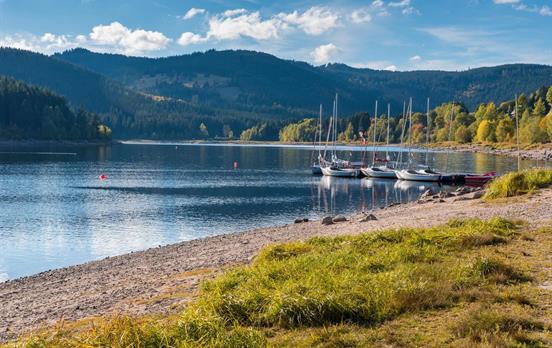
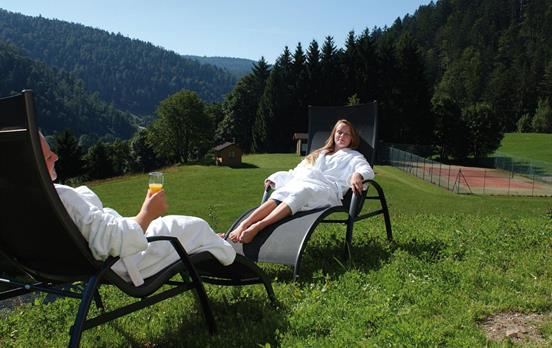

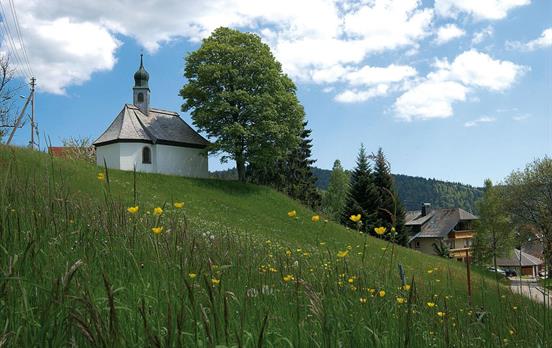
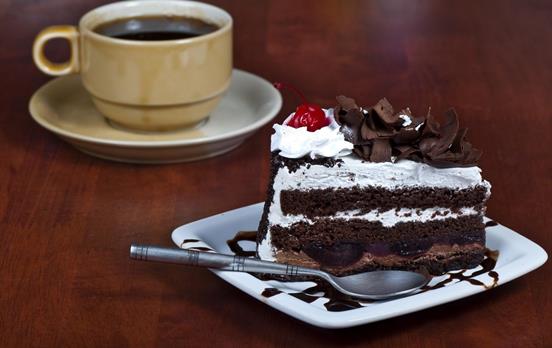
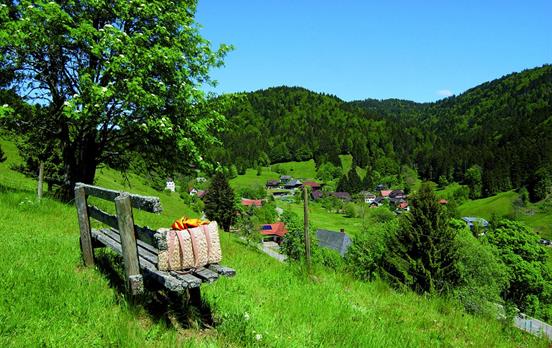

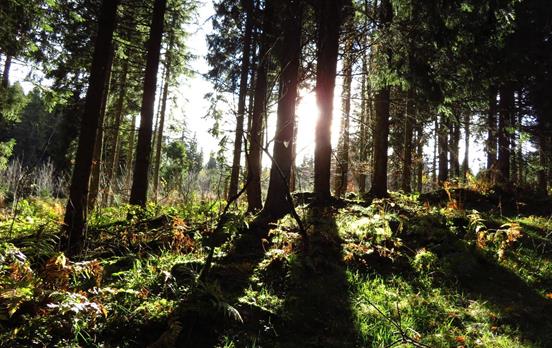
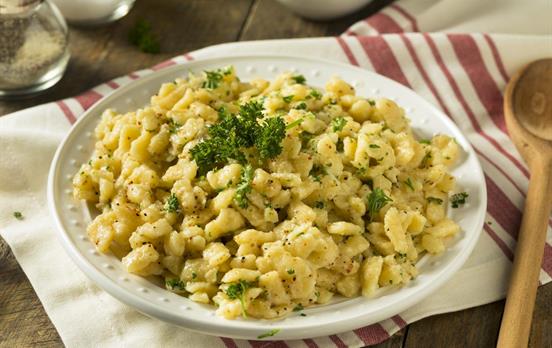




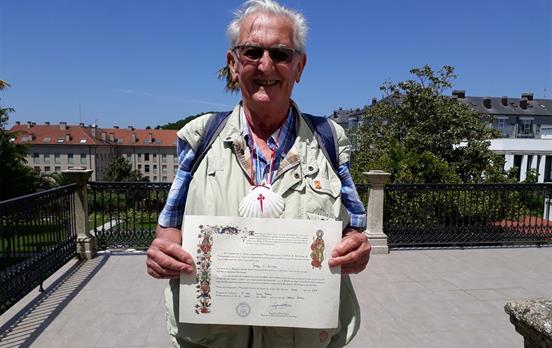
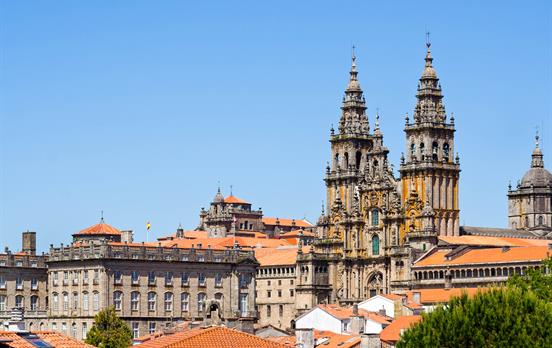
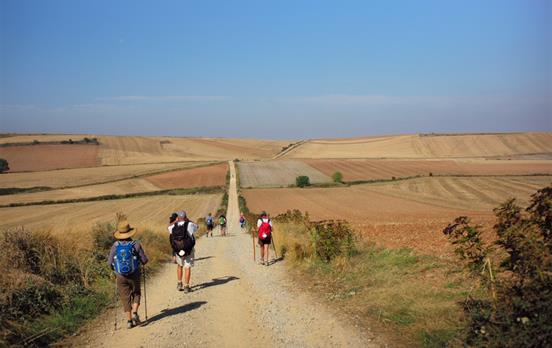

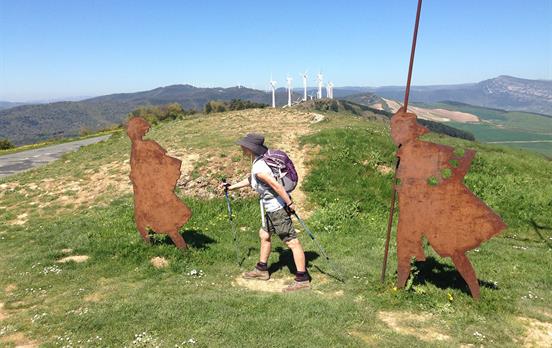

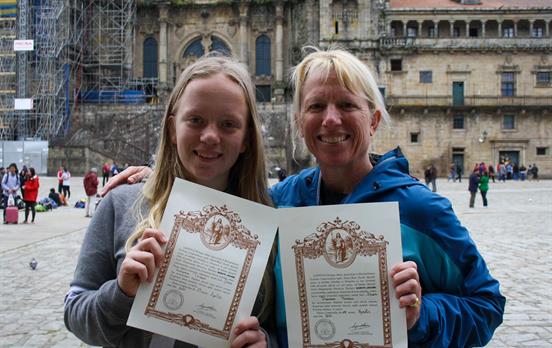
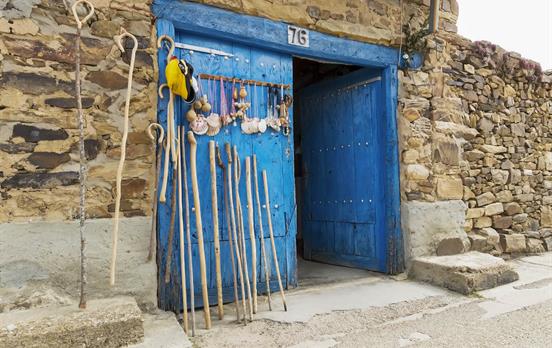
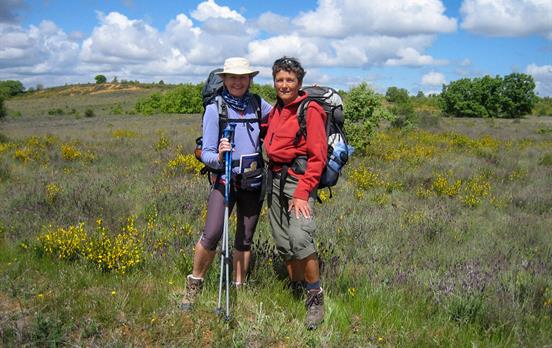
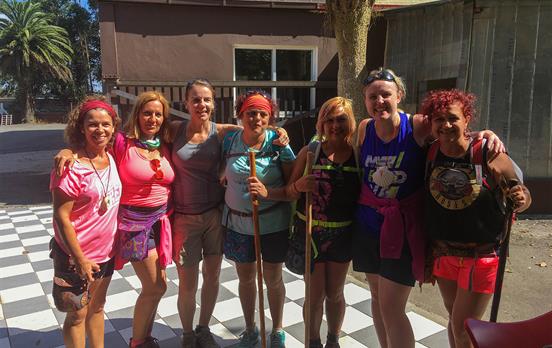
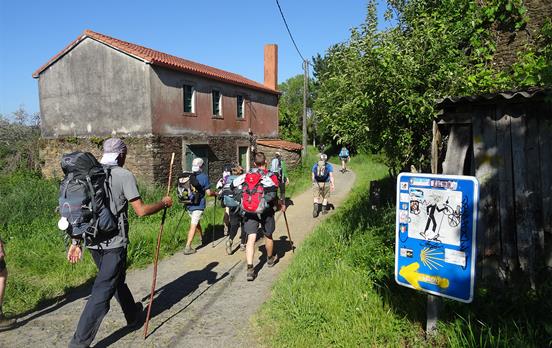
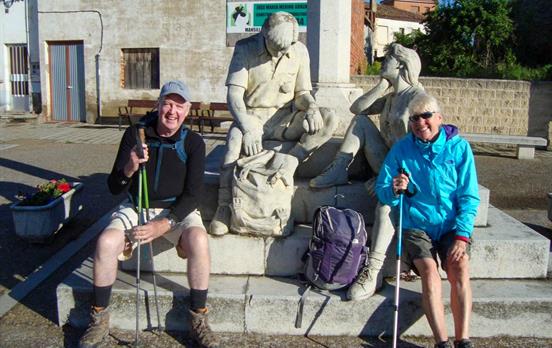
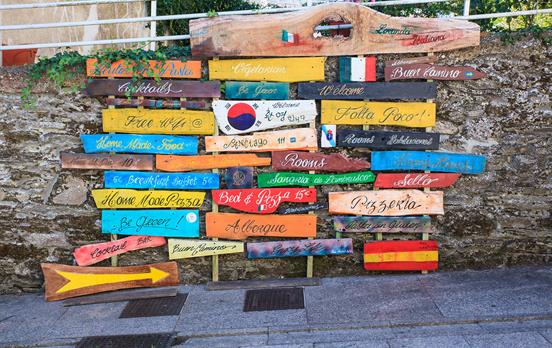


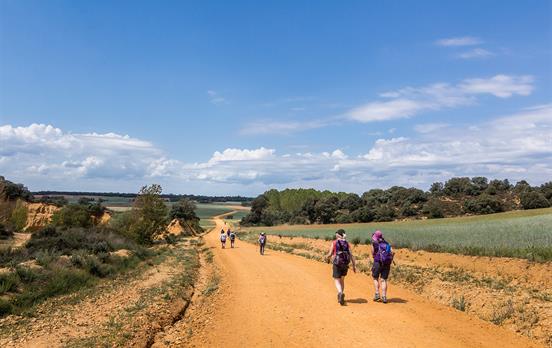
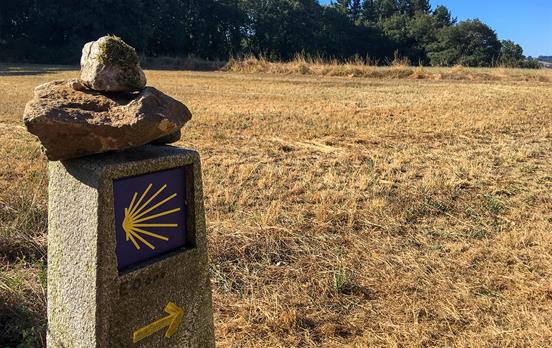
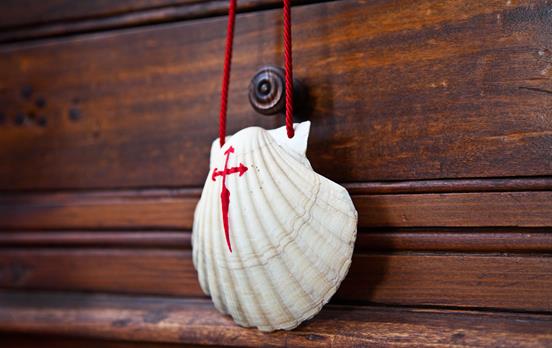
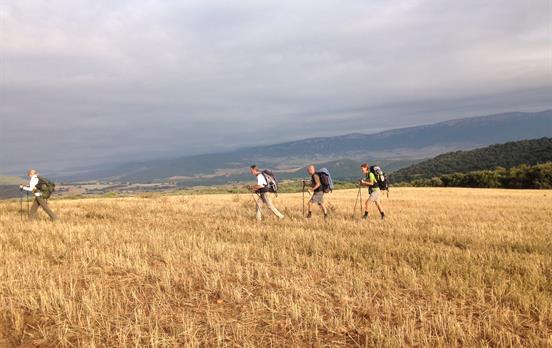
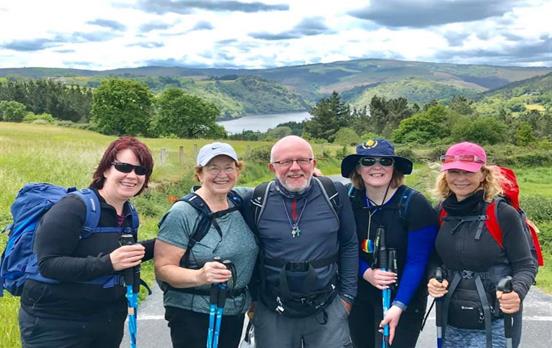
/tourimagegallery/PrimaryTourImage-Cascais-rsz2-08092023160948633.jpg)

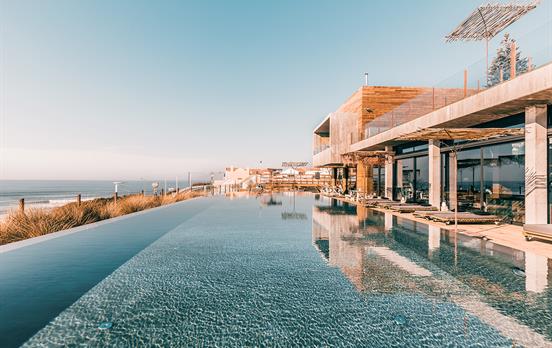
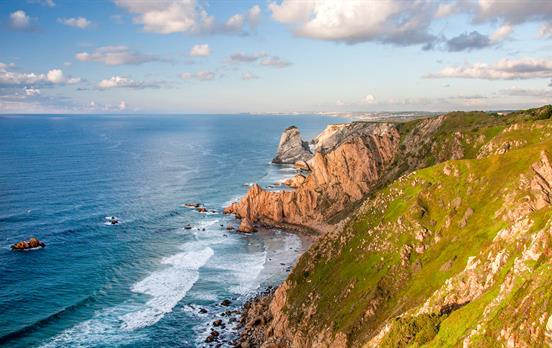
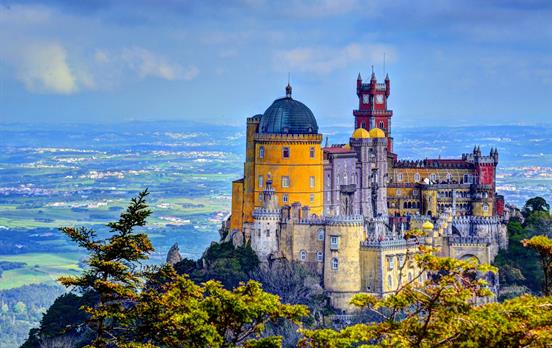










 Australia
Australia New Zealand
New Zealand South Africa
South Africa European Union
European Union